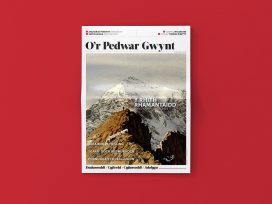
Incredible things
O’r Pedwar Gwynt 3/2019
In Welsh journal O’r Pedwar Gwynt: Iris Murdoch in Russia, the lessons of J.M. Coetzee, narcissism and politics, and stories from both sides of the Berlin Wall.

In Welsh journal O’r Pedwar Gwynt: Iris Murdoch in Russia, the lessons of J.M. Coetzee, narcissism and politics, and stories from both sides of the Berlin Wall.
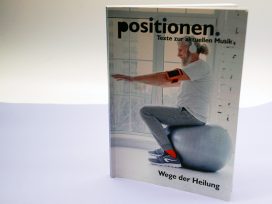
We recently welcomed the German magazine of contemporary music in the Eurozine network. Their latest issue offers a collection of essays, reportages and interviews on the topic of musica sanae – healing through music.
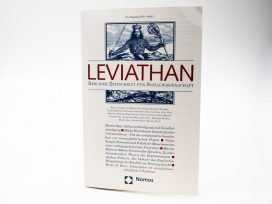
For some on the Left, Habermas’s concept of discursive democracy is a liberal project without critical potential. In ‘Leviathan’, Martin Saar defends a theoretical ‘style’ defined by openness and ambiguity. Also: towards a politics of human rights and a call for parliamentary gender quotas.
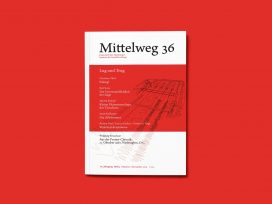
Just because there’s fake news doesn’t mean there’s never been political deception, and just because lying is universal doesn’t mean it’s not worth sociologists’ time. Contributions to the new issue of Mittelweg 36 look at examples including the ‘voluntary helper’, confidence tricksters and polygraph tests.
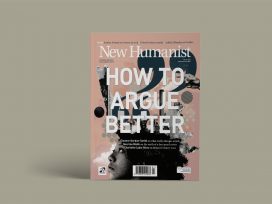
New Humanist’s winter issue, the last under the helm of editor Daniel Trilling, asks how we can improve not only the topics we discuss, but also how we discuss them.
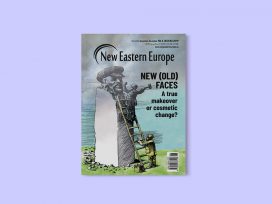
New Eastern Europe asks whether new faces in politics in Ukraine, Moldova, Kazakhstan, and Slovakia mean real change: ‘Is this part of a wider trend that indicates deeper social transformation’, ask the editors, ‘or is it more of the same, with just an upgraded, modern look?’

‘Ord&Bild’ has compiled an issue on the letter as literary genre, presenting and experimenting with the many forms that letters and personal messages can take today: emails, text messages, social media posts, not to mention that allegedly endangered species, the handwritten letter.
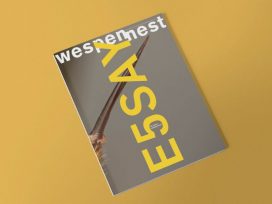
‘Fifty years is a long time – a financial institution this old would probably be called “systemically relevant”.’ The Austrian journal turns fifty and dedicates its anniversary issue to the essay genre – past, present and future.
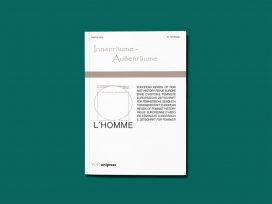
L’Homme – The European Journal for Feminist History – marks thirty years of publishing by looking back at the ways in which its changing team of publishers, editors and authors have shaped how feminist historiography has positioned itself.
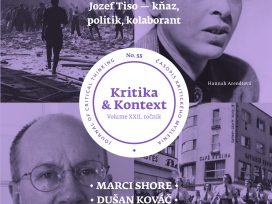
Slovak journal Kritika & Kontext returns to Arendt on refugees and debates histories of the First Slovak Republic

Turkish online journal K24 looks at literature, urban life, and ecology, praising novelist Ayşegül Devecioğlu’s treatment of neglected people and places, interviewing novelist, critic, and scriptwriter Selim İleri, and examines the history and precarious future of Turkey’s forests.
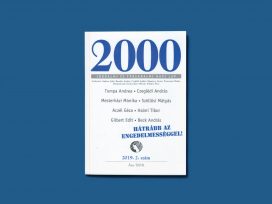
The latest 2000 looks at the intersection between art and ethics, remembering forgotten Jewish-Hungarian star actor and theatre director Jenő Janovics, asking whether the greatest form of cowardice is to unquestioningly obey unjust authority figures, and taking another look at a photo-portrait of Marcel Duchamp that makes us reconsider the artist’s genius.

Index looks at the increasing barriers to free thought worldwide: including reports on journalistic self-censorship, freedom of expression for LGBT travellers, the roll-out of Chinese surveillance tech; and Germany’s latest spyware bill.
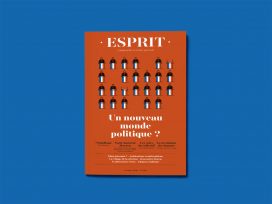
Midway through Macron’s presidency, ‘Esprit’ asks whether we have entered a new political world, with contributions on the crisis of democratic representation, the role of social networks, the mutations of political personalization and new forms of mobilization.
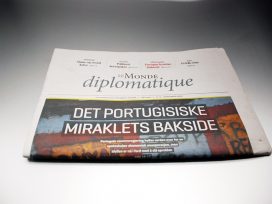
In the Norwegian edition of the monthly ‘Le Monde diplomatique’: the realities of plastic waste recycling; Catholic anti-modernism and the disappointment of Francis; and the early poems of Jan Erik Vold.
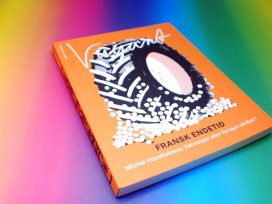
Norwegian quarterly ‘Vagant’ focuses on Michel Houellebecq: the former agronomist on a mission against righteousness. Also: the meaning of Houellebecq’s nicotine addiction and a Houellebecq lexicon from ‘air conditioning’ to ‘zapper generation’.